
From the Chapter
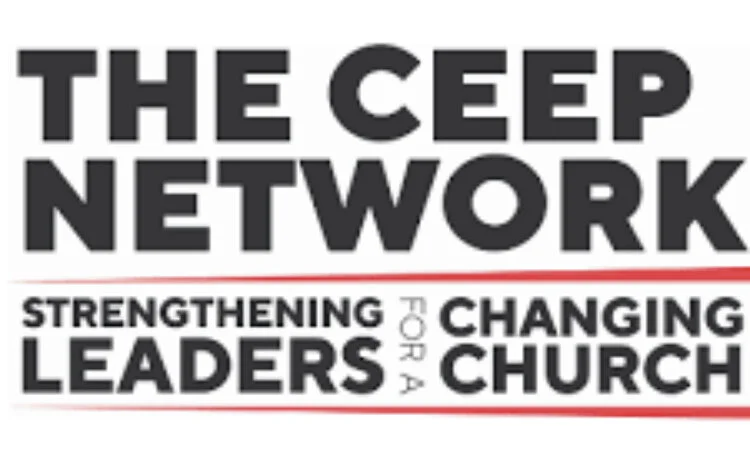
Managing in this Moment: CEEP Webinar
Managing in this Moment: A Webinar on Parish Governance during COVID-19 and Beyond | CEEP Network Online Event| September 22, 2020 | 3:00 p.m. EDT

Training for the Kingdom
The Rev. Matthew S.C. Olver, Ph.D.
The question “Have you understood all this?” first assumes something quite natural to the way our mind works. How many times have you had a book in front of you, presumably reading, only to realize that you’re not quite sure when you stopped taking in anything from the page? There are many reasons why this might happen, but the point is that it’s not unusual for us to hear and not understand, to read but not comprehend. The challenge comes to us just as much with learning the teachings of Jesus and the words of Scripture as with the worship of God in the liturgy.

The Eternal Processions and the Triune Formula
By Tyler Been
Every Sunday, by their recitation of the Nicene Creed, Anglicans confess belief in the Father, Son, and Holy Spirit. In many ways, the creed is an apophatic statement. It provides the boundaries of what can and cannot be said about the Holy Trinity. Because of this, it is understandable that many Christians confess the creed without a rigorous understanding of what they are confessing.

Walking Off the War
By The Rev. Steven G. Rindahl
Founder and Director, Warriors on the Way
When a soul has been damaged by war, and you want to be a part of the healing process, what do you do? With nearly two decades of persistent conflict in Iraq and Afghanistan, as well as many other smaller conflicts around the globe, the United States once again has a sizable combat veteran community (yet still only a fraction of 1% of the total US population). Unlike Vietnam, where the draft allowed for a steady flow of new recruits and most service members only deployed once, the new generation of combat veterans are members of an “All-Volunteer” military.

Against Kissing Feral Waterfowl- On Cultural Theology
By Micah Hogan
If you want to, you can justify anything theologically. That’s the terrible lesson we learn from the serpent’s appeal to theosis in the garden and from Satan’s use of Scripture during Jesus’s wilderness temptation. This thought should chasten all theologians but, especially, I think, those theologians whose work engages most clearly with human culture; in other words, those most likely to encounter a thing which they may wish to justify.

RADVO Conference 2020 Online Event
RADVO Digital Session | September 19, 2020 | 10:00 AM – 12:00 PM CDT
This digital session comprises a talk by the Most Rev. Michael Curry, Presiding Bishop and Primate of The Episcopal Church, followed by an interview segment that includes Carrie Headington, Canon Evangelist, Episcopal Diocese of Dallas. The session will conclude with practical application from clergy across the globe.

The Venerable Tom Winslow and Remembering 9/11
Fr. Tom Winslow referred to his work at Ground Zero as a "ministry of presence." A chaplain for the Milwaukee FBI office, he spent a week serving in Lower Manhattan in November 2001, at St. Paul's Chapel, a short walk from the World Trade Center site. Fr. Winslow presided over daily Mass and talked to law enforcement officers who were dealing with the unimaginable.

Path to Priestly Formation
By The Rev. Canon Mark Evans, The Diocese of Springfield, ‘09
What I see in these experiences is that Nashotah House offers something that is not just a unique ethos in the Anglican Church but is something that mature Christians of every kind desire. This goes deeper than a pretty liturgy; it digs down into our hearts to transform us, teaching us not just what to do but how to be.

Nashotah House Represented at Vice President’s Briefing
Vice President Mike Pence led a discussion on September 4, 2020, with college presidents, leaders in higher education, state and local leaders, the Secretary of Education, and members of the White House Coronavirus Task Force to brief them on the principles contained in the recently released “Recommendations for College Students.” These principles are intended to keep schools open while mitigating community spread.

On Canons and Canons
The Rev. Canon Aaron Zook, ’12
I would come to know Fr. Peay quite well over the following years. Bede+, (so called by some in recognition of the monastic name he was given many years ago) was my professor, but we quickly became friends. We shared a mutual love of good preaching, good beer, and Canon Law. He introduced me to Sertillanges, Toulmin, and Father Brown (I always thought of him as Brown and myself as Flambeau.) He grounded my philosophy of Anglicanism in a well-worn phrase, “Nothing new!” (He was always quick to point out that whatever anyone wanted to try in the Church had been "tried before by some sweet saint, so why reinvent, when one can simply build on their good works!”)
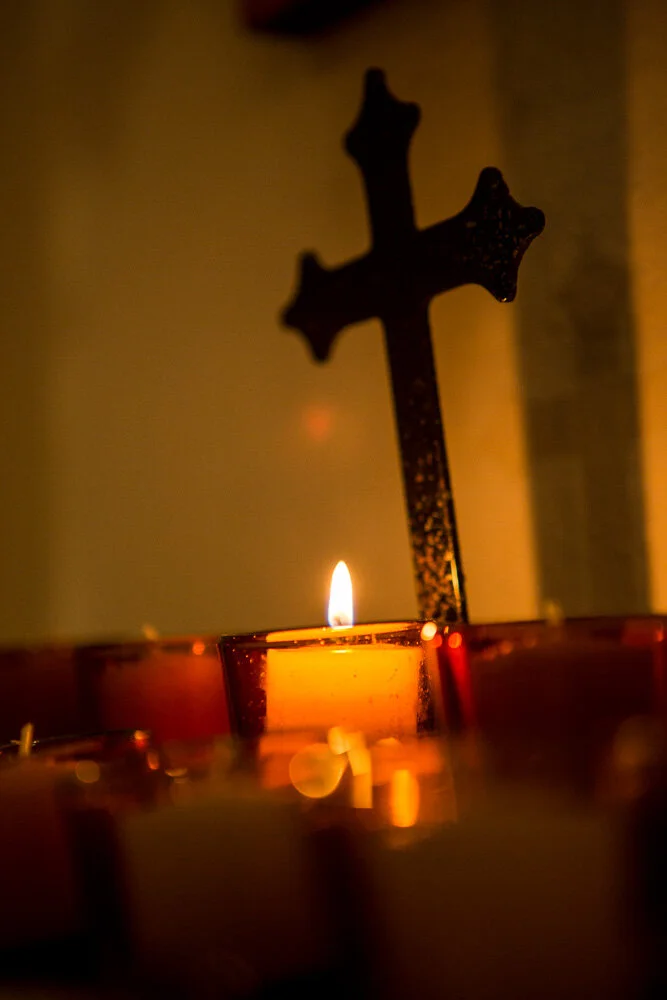
Liturgy, Understanding, and the Body
By The Very Rev. William O. Daniel, Jr., Ph.D., ’11
Much of life flies under the radar of our perception. We are surrounded by signs and symbols that command our unconscious response, but we are rarely aware that they do so or how they came to order our movements and affections. Just think about driving down the road in your car. When you come upon a red, octagonal sign at an intersection, you do not need to know how to read in order to know what the sign says.
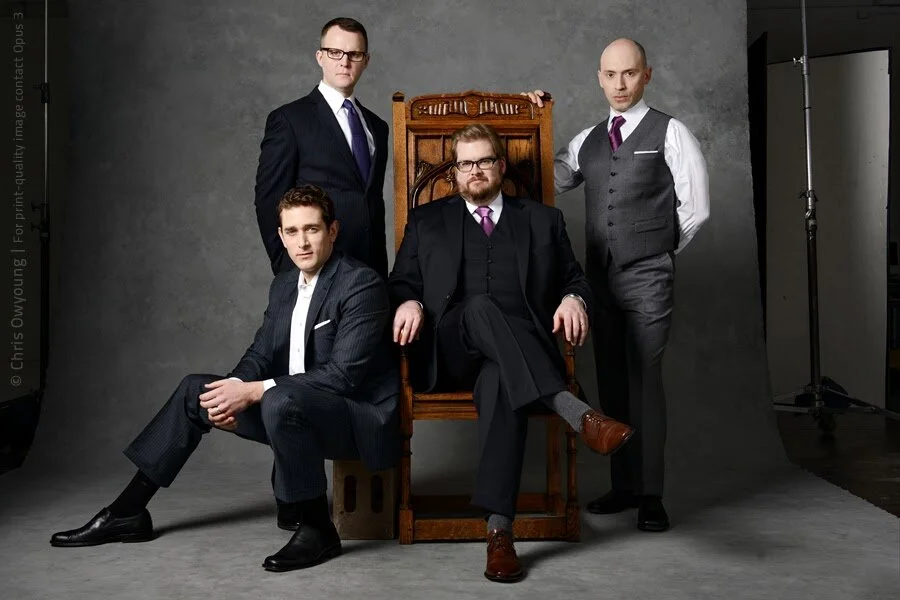
New York Polyphony Nominated by Gramophone Classical Music Awards
“This is our first nomination for a Gramophone award,” said Dr. Williams. “It is an honor to have been nominated, as these awards are based on artists’ merit and quality, rather than popularity.” The ensemble’s growing discography includes two GRAMMY-nominated releases and albums that have topped the "best of" lists of The New Yorker, Gramophone, and BBC Music Magazine. New York Polyphony was twice nominated for a GRAMMY award (2013, 2014), under consideration for this recording.
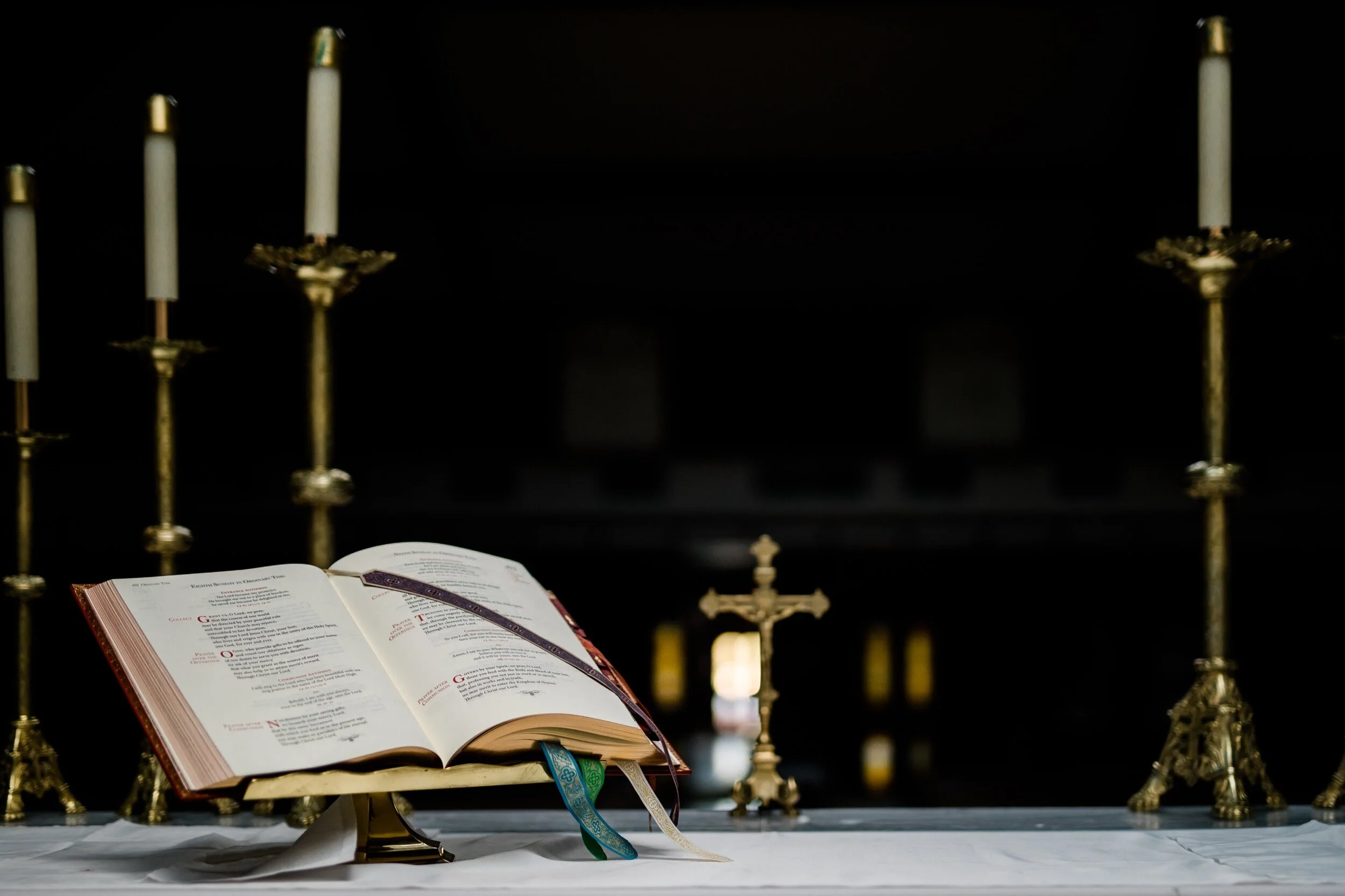
Hard Sayings of Christ's Gracious Kingdom
By Elisabeth Kincaid, Ph.D.
Here Dr. Kincaid asks us to consider the hard sayings of Jesus and to understand that the “reality of God’s presence should make us uncomfortable … it should jolt us out of our established patterns.”

Obituary for The Very Reverend Canon Steven Peay, Ph.D.
A Visitation will be held on Saturday September 5, 2020 at the All Saints Cathedral, 818 E Juneau Ave, Milwaukee, WI 53202, from 10 AM until 11:45 AM (CDT) Due to the Covid-19 pandemic a PRIVATE Funeral Service will be held at 1 PM. Father Steven Peay's Funeral Service can be live streamed (provided here) on Saturday, September 5, 2020 at 1 PM (CDT).
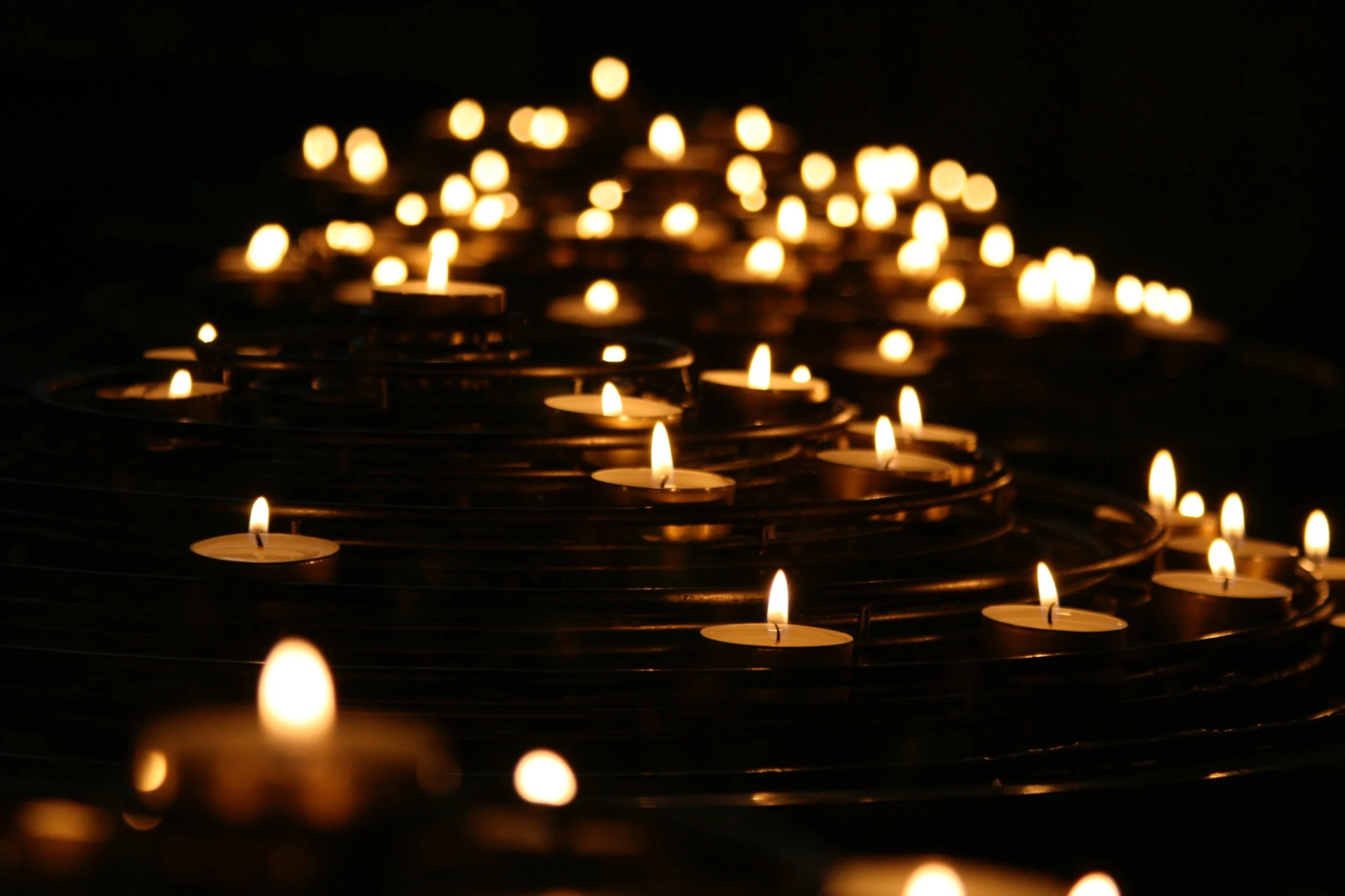
A Review of N.T. Wright’s God and the Pandemic
A Review by The Rev. Doran Stambaugh, SSC, ’05 on N.T. Wright’s, God and the Pandemic: A Christian Reflection on the Coronavirus and its Aftermath
The importance of lament for the Christian is often overlooked in favor of some amorphous obligation to perpetual optimism. N.T. Wright does not just give us pause to consider the biblical concept of lament, he gives us permission to do it! Lamentation is not just a theme from past episodes of salvation history; it is an essential ingredient for anyone living in the tension of that which is and that which is to come.
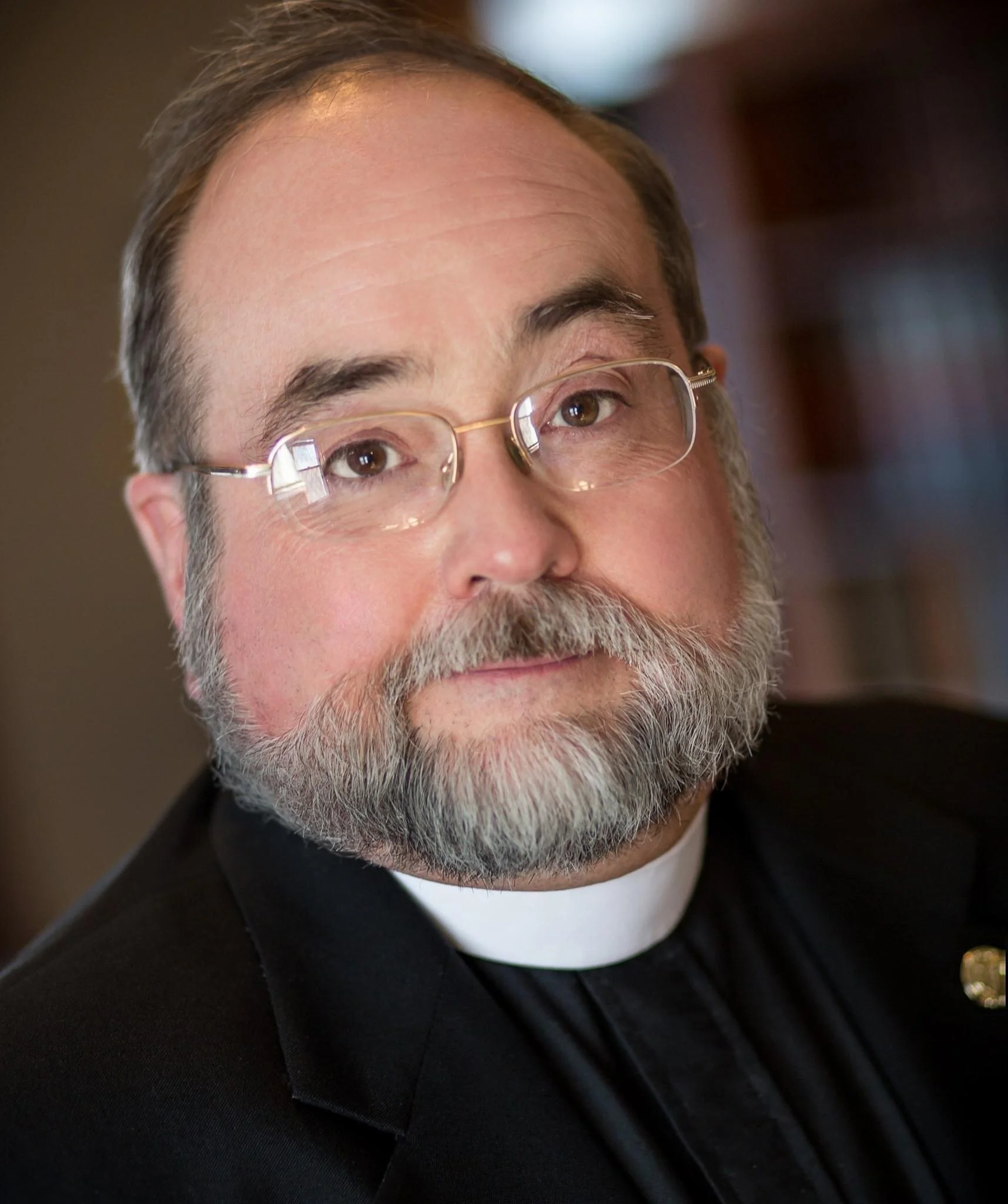
Doing the Right Thing Grows out of a Habit of Being
Paul’s words to the Churches in Galatia drew me as I read over the lessons for today. As I began to prepare I did an online search for “doing the right thing” and got 118,000,000 “hits” – I didn’t go through them all, of course. However, even looking through a few of the top hits told me that as a nation we are concerned with doing the right thing, with becoming and acting as people of integrity. I even encountered a book review for atheists and agnostics showing them that their position didn’t preclude their functioning as moral people. That’s good to know, but I still think that as believers we have a better chance of doing what is right, even when doing the wrong thing is easier.

Simplicity was the Key
By The Rev. Dr. Victor Lee Austin, Adjunct Professor of Theology at Nashotah House
Despite being outdoors, the services were slightly formal, proper, and plain. We had a booklet for the week. The booklet laid out the services. A cork bulletin board, resting against the lectern, displayed Psalm and hymn numbers. So there were no announcements about sitting, standing, nor which page to turn to. Without oral instructions, we just did what we did, simply. When I didn’t know what to do, I looked around. All was well.
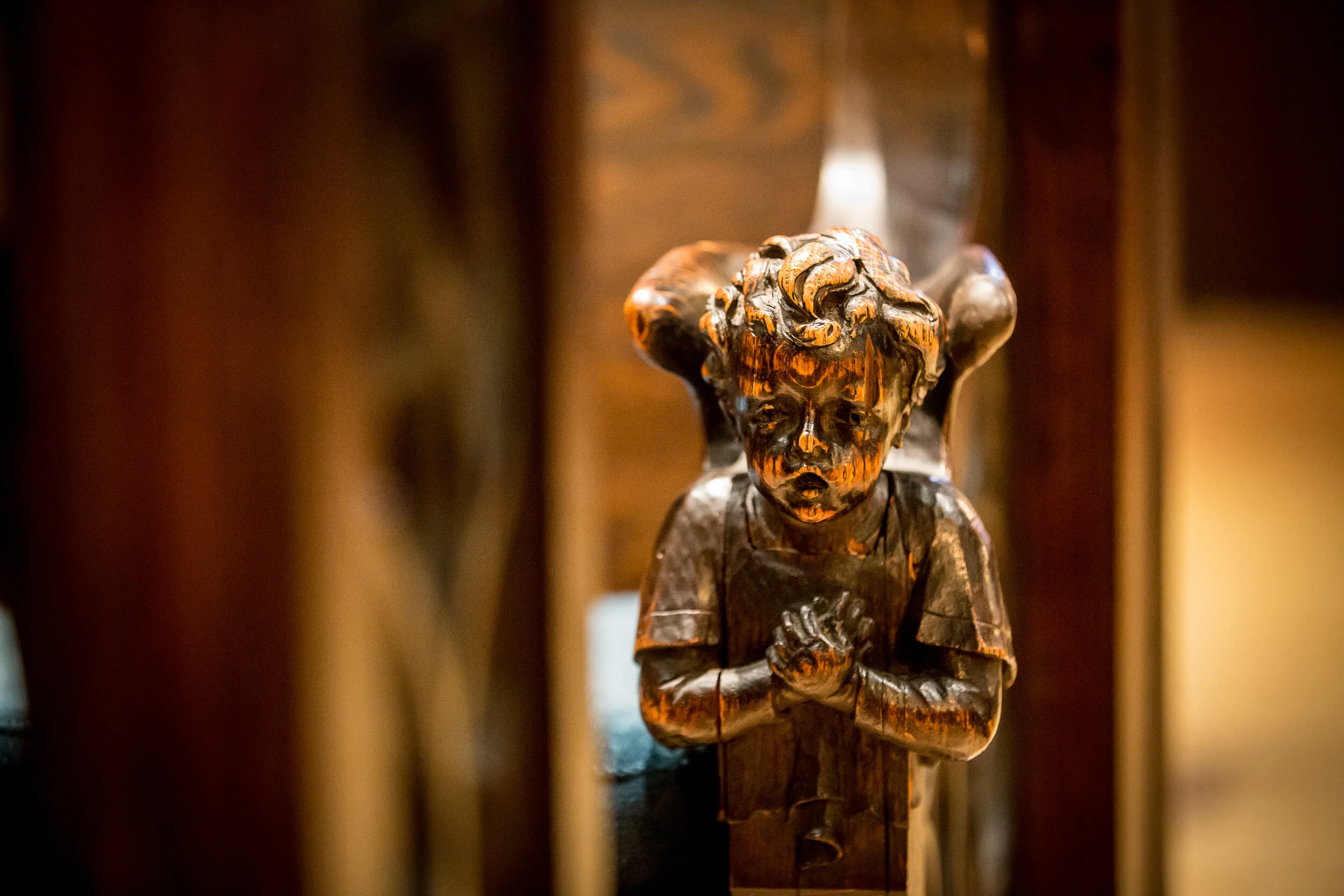
How We Start to Pivot
By The Rev. Canon Aaron Zook, ’12
We can make it something powerful and transformative. We can take this pandemic’s power to cause suffering and make of it Arma Christi. We can use that which should have destroyed us and make it a tool for Resurrection. To do so, we must continue to find new ideas and embrace our growth in any direction, trusting that God will put good fruit at the end of each vine. We must be willing to forego that which we dreamed and embrace that which we’re given. And of course, we’ll have to do a lot of praying.
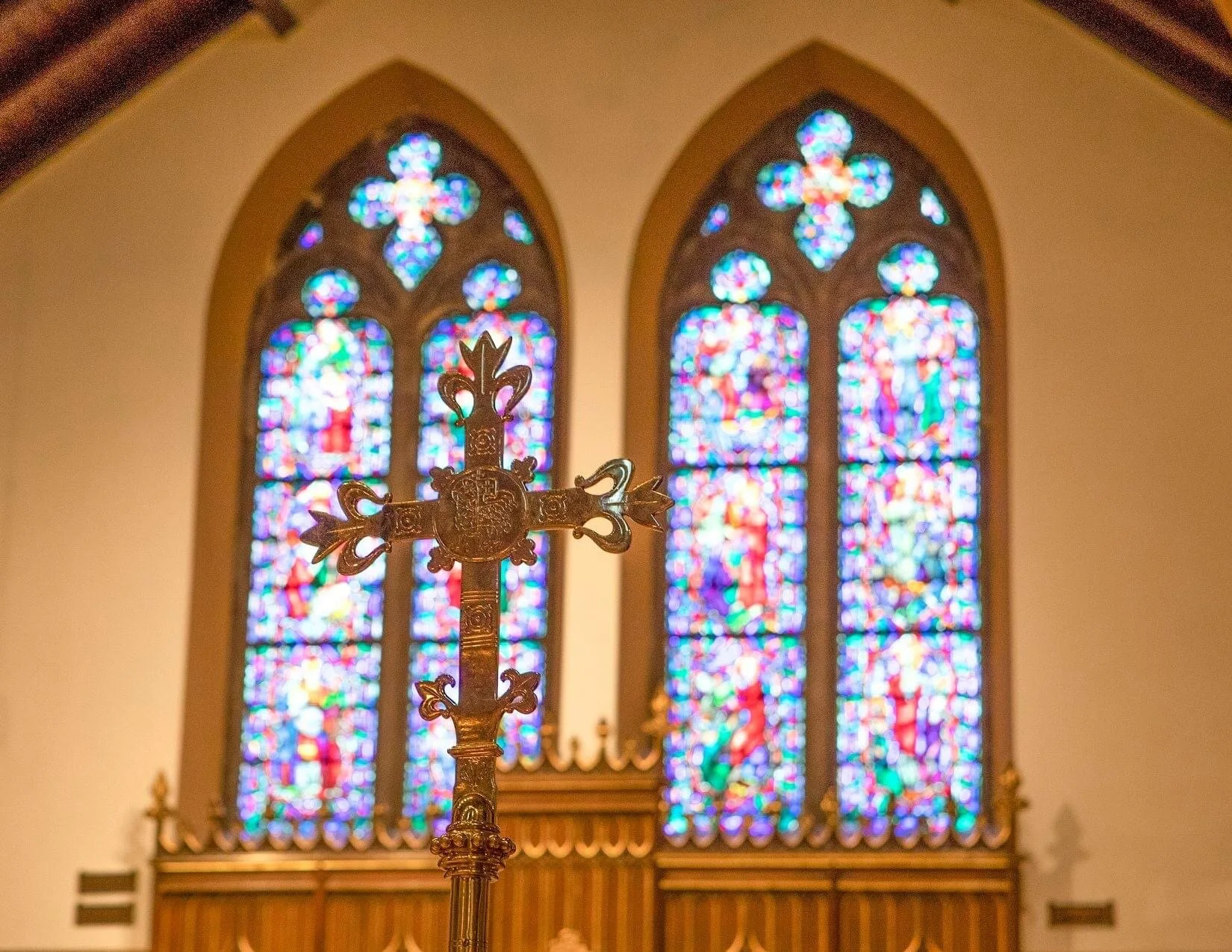
Dr. Edward A. Wallace, 1926-2020
Dr. Edward A. Wallace, former Organist and Choirmaster of the Church of St. Michael and St. George, and former University Organist of Washington University in St. Louis, died peacefully in his home on August 17, 2020. He was 94 years old and had enjoyed a career in Anglican Church Music that spanned over 60 years and included working with some of the greatest church musicians of the twentieth century in England and America. In 1995, Dr. Wallace was awarded an honorary doctoral degree from Nashotah House, in recognition of his work in liturgy and music.

Arthur Vogel: A Retrospective
Dr. Vogel’s legacy as a creative, thought provoking scholar, an advocate for the Church’s public witness and a voice of Church unity, lives on in the memories of Nashotah graduates and in the institution itself. We are grateful for Dr. Vogel’s service to the Sons and Daughters of the House.
